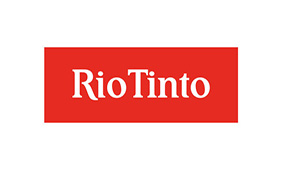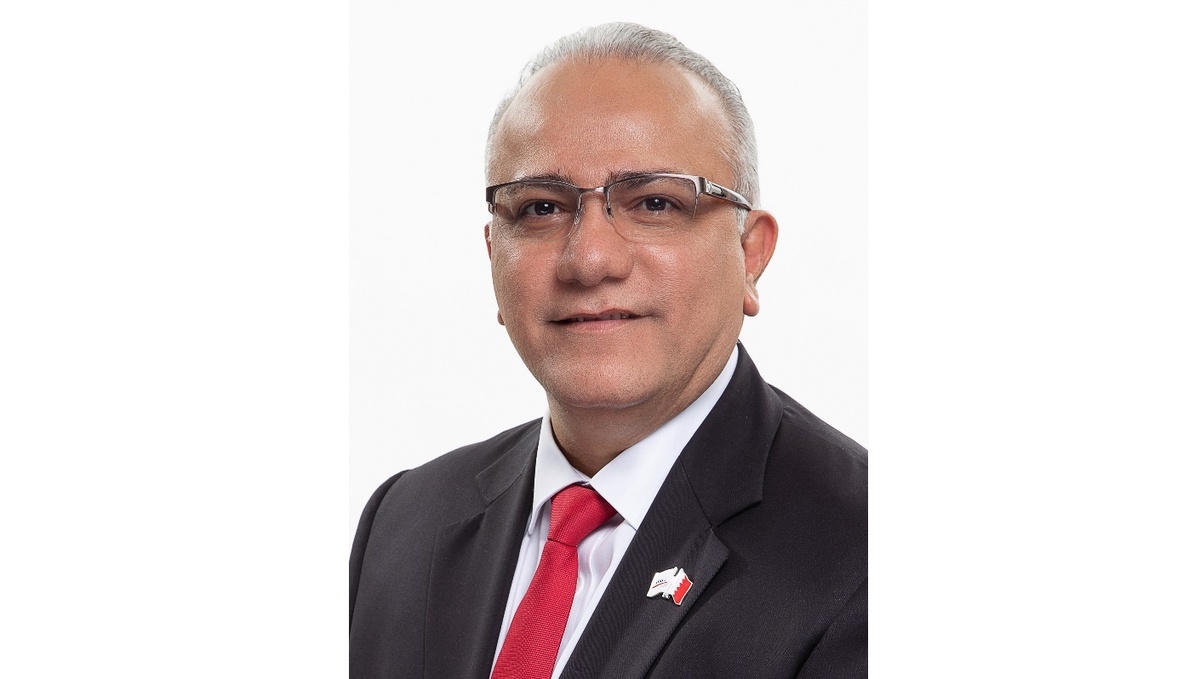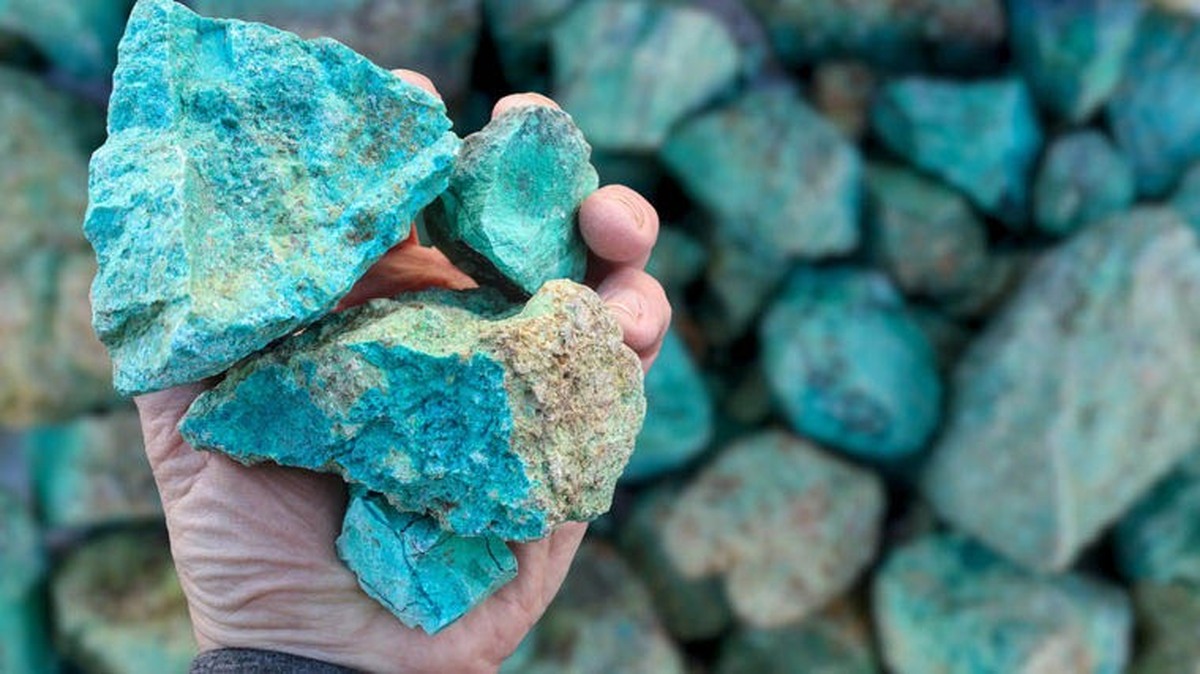
Coronavirus could delay major projects: Rio Tinto

Rio Tinto, which today reported a profit of $8.01bn in 2019, down from $13.64bn for 2018, said it was working with its customers and suppliers to offset the impact of the coronavirus. The schedule and budgets of major projects, such as the 43mn t/yr Koodaideri iron ore mine, are under threat from the supply chain issues across the steel fabrication industry. All major projects across the iron ore industry could be affected by the coronavirus, with some firms in the supply chain already having declared force majeure, said Rio Tinto chief executive Jean-Sebastian Jacques.
The firm's iron ore order books are full at the moment but it is still preparing for the impact from the coronavirus over the coming months. The severity will depend on the speed of the return to work in China, the effect of supply chains and the extent of stimulus measures by the Chinese government.
Rio Tinto is working to identify alternate suppliers for its major projects, which include Koodaideri, the $1.55bn investment in Robe River and the $749mn investment at its Greater Tom Price hub. It may also need to find alternate supply sources for equipment and consumables at its operating mines, which are forecast to produce 324mn-334mn t of iron ore in 2020.
The firm revised down its guidance for iron ore production from 330mn-343mn t in the aftermath of Cyclone Damien, which it today said had damaged infrastructure across its Pilbara iron ore network.
Rio Tinto warned that cash costs are likely to remain high in 2020 at $14-15/t, as increased volume efficiency is offset by longer haul distances and increased maintenance. The firm lost its position as the lowest cost iron ore producer last year when costs rose to $14.40/t from $13.30/t in 2018. Higher salaries, fuel prices and consumable prices offset the effect of the weaker Australian dollar, which usually drives costs down.
Jacques is looking to better conditions beyond the next six months. He expects that the Chinese stimulus to offset the effects of the coronavirus will be commodity intensive and have an impact on demand for iron ore from the second half of 2020. Should Koodaideri start producing as expected in late 2021, it will help to push down costs across the firm's iron ore division.
Rio Tinto's iron ore division reported an underlying profit of $9.64bn, up from $6.51bn in 2018, on higher average realised prices of $85.90/t fob Pilbara that were up from $62.80/t for 2018.
The firm priced around 76pc of its sales with reference to the current month average index, 16pc were priced with reference to the prior quarter's average index lagged by a month and the remainder were referenced to the current quarter average or on the spot market.
It sold 32pc on a fob basis and the rest on terms that included freight costs.
By Jo Clarke


Electra converts debt, launches $30M raise to jumpstart stalled cobalt refinery

Trump weighs using $2 billion in CHIPS Act funding for critical minerals

Barrick’s Reko Diq in line for $410M ADB backing

Codelco cuts 2025 copper forecast after El Teniente mine collapse

Pan American locks in $2.1B takeover of MAG Silver

Viridis unveils 200Mt initial reserve for Brazil rare earth project

SQM boosts lithium supply plans as prices flick higher

Gold price gains 1% as Powell gives dovish signal

Nevada army depot to serve as base for first US strategic minerals stockpile

Kyrgyzstan kicks off underground gold mining at Kumtor

Kyrgyzstan kicks off underground gold mining at Kumtor

KoBold Metals granted lithium exploration rights in Congo

Freeport Indonesia to wrap up Gresik plant repairs by early September

Energy Fuels soars on Vulcan Elements partnership

Northern Dynasty sticks to proposal in battle to lift Pebble mine veto

Giustra-backed mining firm teams up with informal miners in Colombia

Critical Metals signs agreement to supply rare earth to US government-funded facility

China extends rare earth controls to imported material

Galan Lithium proceeds with $13M financing for Argentina project

Kyrgyzstan kicks off underground gold mining at Kumtor

Freeport Indonesia to wrap up Gresik plant repairs by early September

Energy Fuels soars on Vulcan Elements partnership

Northern Dynasty sticks to proposal in battle to lift Pebble mine veto

Giustra-backed mining firm teams up with informal miners in Colombia

Critical Metals signs agreement to supply rare earth to US government-funded facility

China extends rare earth controls to imported material

Galan Lithium proceeds with $13M financing for Argentina project

Silver price touches $39 as market weighs rate cut outlook



















